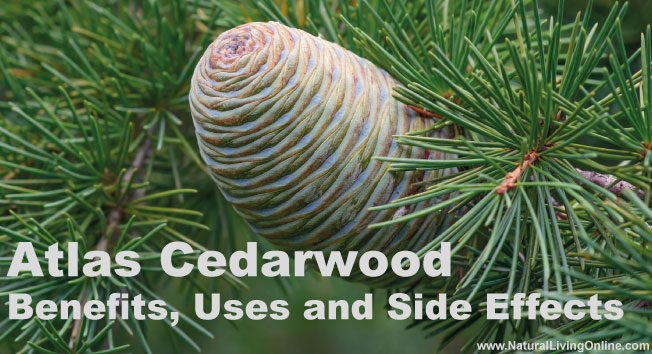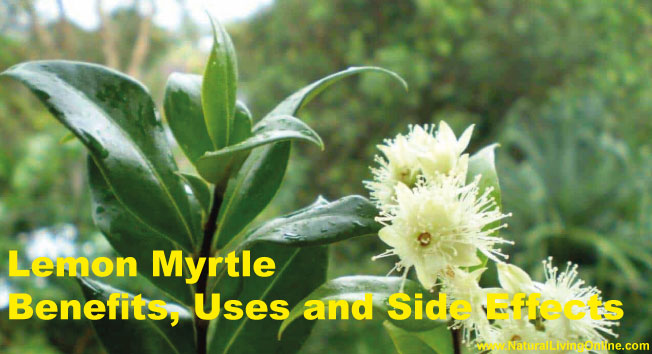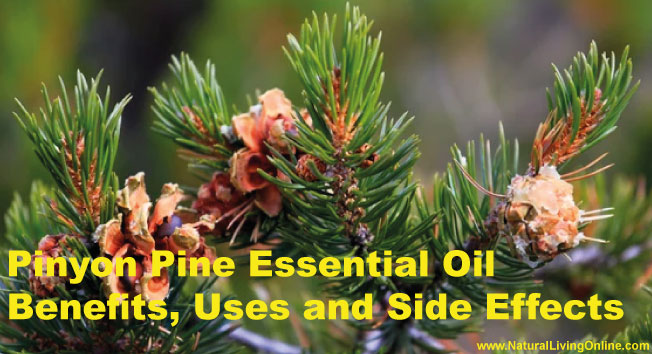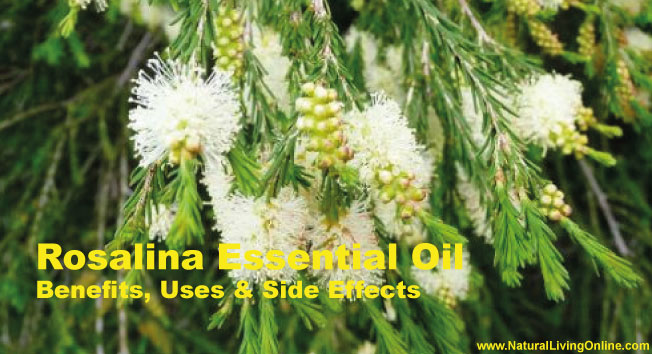Virginia Cedarwood essential oil comes from the Virginian cedar tree. The oil has a woody, sweet scent and is used for its many benefits. Cedarwood oil can be used to promote relaxation, ease tension headaches, and reduce inflammation. It can also be used topically to treat skin conditions like acne and psoriasis.
What is Virginian Cedarwood?
The Virginian cedar (Juniperus virginiana) is a native North American evergreen tree that can grow up to 30 meters tall. The tree has a reddish-brown bark and scale-like leaves. The Virginian cedar is also known as the red cedar, eastern red cedar, or aromatic cedar.
Different types of Virginian Cedarwood and difference between Virginian Cedarwood and Atlas Cedarwood:
There are two types of Virginian cedarwood: the northern variety (Juniperus virginiana var. virginiana) and the southern variety (Juniperus virginiana var. silicicola). The northern Virginian cedar is found in the northeastern United States, while the southern Virginian cedar is found in the southeastern United States.
The Virginian cedar is often confused with the atlas cedar (Cedrus atlantica), which is a different species of tree. The atlas cedar is native to the Atlas Mountains of Morocco and Algeria. It can grow up to 40 meters tall and has a grayish-brown bark. The atlas cedar is also known as the Moroccan cedar or the Algerian cedar.
How Virginian Cedarwood Essential Oil is made?
Virginian cedarwood essential oil is made by steam distilling the wood of the Virginian cedar tree.
What is the botanical name of Virginian Cedarwood?
The botanical name of Virginian cedarwood is Juniperus virginiana.
What are the chemical constituents of Virginian Cedarwood Essential Oil?
The chemical constituents of Virginian Cedarwood essential oil include (Virginian Cedarwood Essential Oil Monograph):
– Alpha-cedrene (0.04-2.48%)
– Beta-cedrene (0.02-1.96%)
– Cedrol (0.03-5.40%)
– Widdrol (traces-1.92%)
What are Virginian Cedarwood Essential Oil benefits?
The benefits of Virginian Cedarwood essential oil include:
– Reducing inflammation
– Promoting relaxation
– Easing tension headaches
– Treating skin conditions like acne and psoriasis
What are ways to use Virginian Cedarwood Essential Oil?
– Aromatherapy: Add a few drops of Virginian Cedarwood essential oil to a diffuser or humidifier to enjoy its woody, sweet scent.
– Topical use: Virginian Cedarwood essential oil can be diluted with a carrier oil and applied topically to the skin.
– Bath: Add a few drops of Virginian Cedarwood essential oil to your bathtub for a relaxing soak.
– Massage: Virginian Cedarwood essential oil can be used in a massage blend.
Virginian Cedarwood essential oil should not be used by:
– Pregnant women
– Breastfeeding women
– Children under the age of 12
– People with allergies to Virginian cedarwood
How can I use Virginian Cedarwood Essential Oil internally?
Virginian Cedarwood essential oil like any other essential oil should not be used internally without the permission and supervision of a doctor.
How Virginian Cedarwood Essential Oil helps in aromatherapy?
When used in aromatherapy, Virginian Cedarwood essential oil can help promote relaxation and ease tension headaches.
Great Essential Oil diffuser blends for aromatherapy with Virginian Cedarwood Essential Oil:
– Relaxation Blend: 3 drops of Virginian Cedarwood essential oil, 3 drops of Lavender essential oil, 2 drops of Bergamot essential oil.
– Wellness Blend: 4 drops of Virginian Cedarwood essential oil, 3 drops of Frankincense essential oil, 3 drops of Tea Tree essential oil.
– Pain Relief Blend: 3 drops of Virginian Cedarwood essential oil, 3 drops of Peppermint essential oil, 2 drops of Eucalyptus essential oil.
– Stress Relief Blend: 4 drops of Virginian Cedarwood essential oil, 3 drops of Rosemary essential oil, 3 drops of Orange essential oil.
– Focus Blend: 3 drops of Virginian Cedarwood essential oil, 2 drops of Rosemary essential oil, 2 drops of Bergamot essential oil.
– Energy Blend: 4 drops of Virginian Cedarwood essential oil, 3 drops of Grapefruit essential oil, 3 drops of Peppermint essential oil.
– Happiness Blend: 3 drops of Virginian Cedarwood essential oil, 3 drops of Bergamot essential oil, 2 drops of Mandarin essential oil.
How can I use Virginian Cedarwood Essential Oil in bath?
To use Virginian Cedarwood essential oil in the bath, add a few drops of the oil to your bathtub. You can also add other essential oils to create a relaxing or invigorating blend.
Some good essential oil combinations for the bath include:
– Relaxing Bath: 3 drops of Virginian Cedarwood essential oil, 3 drops of Lavender essential oil, 2 drops of Bergamot essential oil.
– Invigorating Bath: 4 drops of Virginian Cedarwood essential oil, 3 drops of Grapefruit essential oil, 3 drops of Peppermint essential oil.
How Virginian Cedarwood Essential Oil has been used historically as an alternative medicine?
Cedarwood essential oil has been used for centuries in alternative medicine. It was used in ancient Egypt for embalming and as a perfume. Cedarwood essential oil was also used in traditional Chinese medicine to treat a variety of conditions.
What blends well with Virginian Cedarwood Essential Oil?
Virginian Cedarwood essential oil blends well with many other essential oils, including Lavender, Bergamot, Frankincense, Tea Tree, Peppermint, Eucalyptus, Rosemary, Orange, Grapefruit, and Mandarin.
What does not blend well with Virginian Cedarwood Essential Oil?
Virginian Cedarwood essential oil does not blend well with Citrus oils.
What are Virginian Cedarwood Essential Oil side effects?
When used topically, Virginian Cedarwood essential oil is generally safe. However, it can cause skin irritation in some people. If you experience any side effects, discontinue use and consult your doctor.
When used internally, Virginian Cedarwood essential oil can cause stomach upset, vomiting, and diarrhea. It should not be used internally without the permission and supervision of a doctor.
What does Virginian Cedarwood Essential Oil smell like?
Virginian Cedarwood essential oil has a woody, earthy aroma.
Can I make Virginian Cedarwood Essential Oil at home?
You can make Virginian Cedarwood essential oil at home by infusing cedarwood chips in a carrier oil.
To make an infusion:
– Place cedarwood chips in a glass jar.
– Pour carrier oil over the cedarwood chips.
– Seal the jar and place it in a sunny spot for two weeks.
– After two weeks, strain the oil and store it in a dark glass bottle.
Your Virginian Cedarwood essential oil will be ready to use.
What is the shelf life of Virginian Cedarwood Essential Oil?
Virginian Cedarwood essential oil has a shelf life of two to three years.
Is Virginian Cedarwood Essential Oil safe for kids?
Virginian Cedarwood essential oil is not recommended for children. If you want to use it on children, please consult your doctor first.
Can Virginian Cedarwood Essential Oil be used on pets?
Virginian Cedarwood essential oil is not recommended for use on pets. If you want to use it on your pet, please consult your veterinarian first.
DIY recipes using Virginian Cedarwood Essential Oil:
1. Relaxing Bath Bombs
Ingredients:
– 1 cup baking soda
– ½ cup citric acid
– ½ cup epsom salt
– ¼ cup cornstarch
– 1 teaspoon Virginian Cedarwood essential oil
– 1 tablespoon water
Instructions:
1. In a large bowl, mix together the baking soda, citric acid, epsom salt, and cornstarch.
2. Add the Virginian Cedarwood essential oil and water. Mix well.
3. Spoon the mixture into a mold of your choice.
4. Let the bath bombs dry for 24 hours before using them.
2. Revitalizing Body Scrub
Ingredients:
– ½ cup sugar
– ¼ cup olive oil
– 2 tablespoons Virginian Cedarwood essential oil
Instructions:
1. In a medium bowl, mix together the sugar, olive oil, and Virginian Cedarwood essential oil.
2. Rub the scrub onto your body in circular motions. Rinse with warm water.
3. Pat your skin dry with a towel.
3. Energizing Room Spray
Ingredients:
– ½ cup distilled water
– ¼ cup witch hazel
– 10 drops Virginian Cedarwood essential oil
Instructions:
1. In a small bowl, mix together the distilled water, witch hazel, and Virginian Cedarwood essential oil.
2. Pour the mixture into a spray bottle.
3. Spray the room spray around your home, office, or car to freshen the air.
4. Soothing Lip Balm
Ingredients:
– ½ cup beeswax pellets
– ¼ cup coconut oil
– 2 tablespoons shea butter
– 1 teaspoon Virginian Cedarwood essential oil
Instructions:
1. In a double boiler, melt the beeswax pellets, coconut oil, and shea butter.
2. Remove from heat and stir in the Virginian Cedarwood essential oil.
3. Pour the mixture into a lip balm tube or tin.
4. Let the lip balm cool and solidify before using it.
5. Relaxing Massage Oil
Ingredients:
– ¼ cup jojoba oil
– 2 tablespoons sweet almond oil
– 1 tablespoon Virginian Cedarwood essential oil
Instructions:
1. In a small bowl, mix together the jojoba oil, sweet almond oil, and Virginian Cedarwood essential oil.
2. Pour the massage oil into a glass bottle.
3. To use, massage the oil onto your skin in circular motions. Rinse with warm water. Pat your skin dry with a towel.
This website does not provide medical advice.
All information provided on this website, and on associated social media networks, including but not limited to texts, images, and numbers are for general information purpose only. It is not intended as medical advice and it does not include all possible precautions, side effects, or interactions that may occur. Neither NaturalLivingOnline.com nor its author/founder take responsibility for how you use this information. Statements contained on NaturalLivingOnline.com have not been evaluated by the FDA. You should conduct thorough research via multiple sources and consult your physician or qualified doctor before using any essential oil or herbal remedy. Information on NaturalLivingOnline.com must not be relied upon for medical, legal, financial or other decisions.













